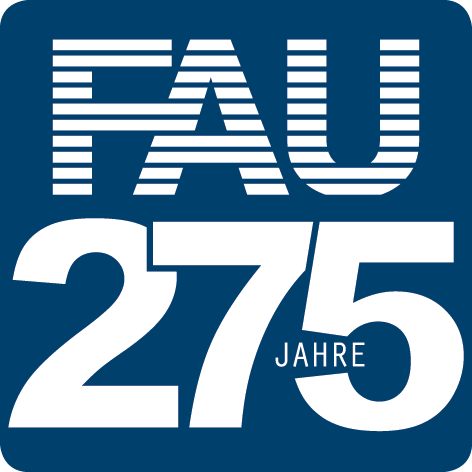Dr. Frank Anton, Erlangen
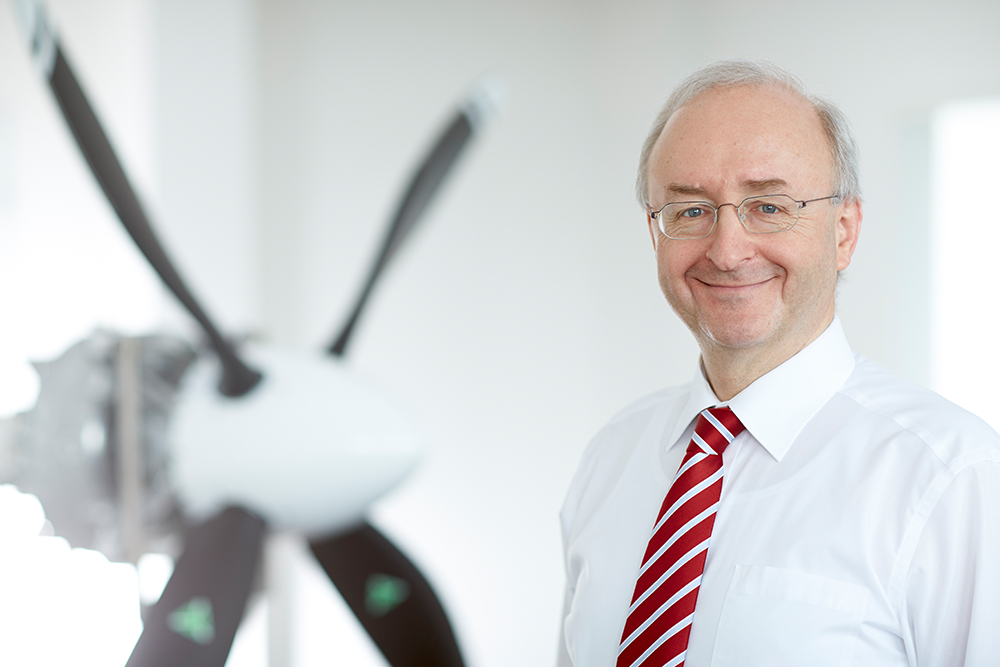
Future of Industry Research and Collaboration
Prof. Dr. Martin Bichler, Munich
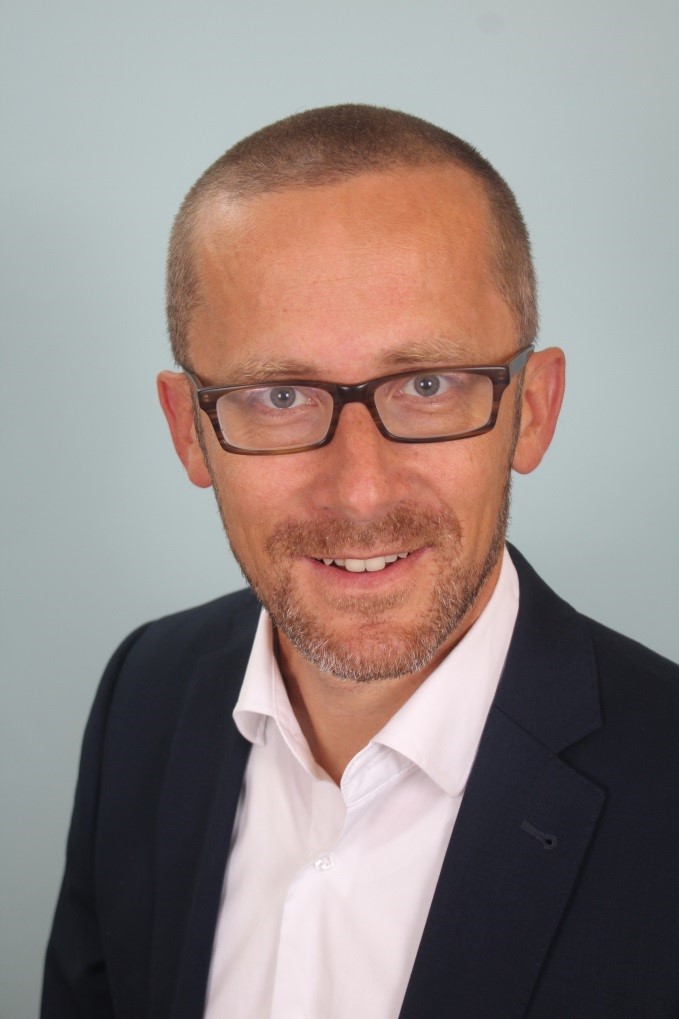
Markets as Policy Tools: About Phones, Fish, Energy, and Algorithm
Prof. Dr. Michael C. Burda, Berlin
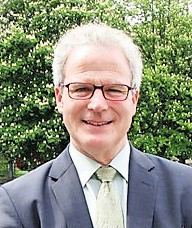
Time January 19, 15.30: The Future of Work Topic The Future of Work: An Economist’s Perspective The breathtaking pace of…
Prof. Dr. Carsten Dreher, Berlin
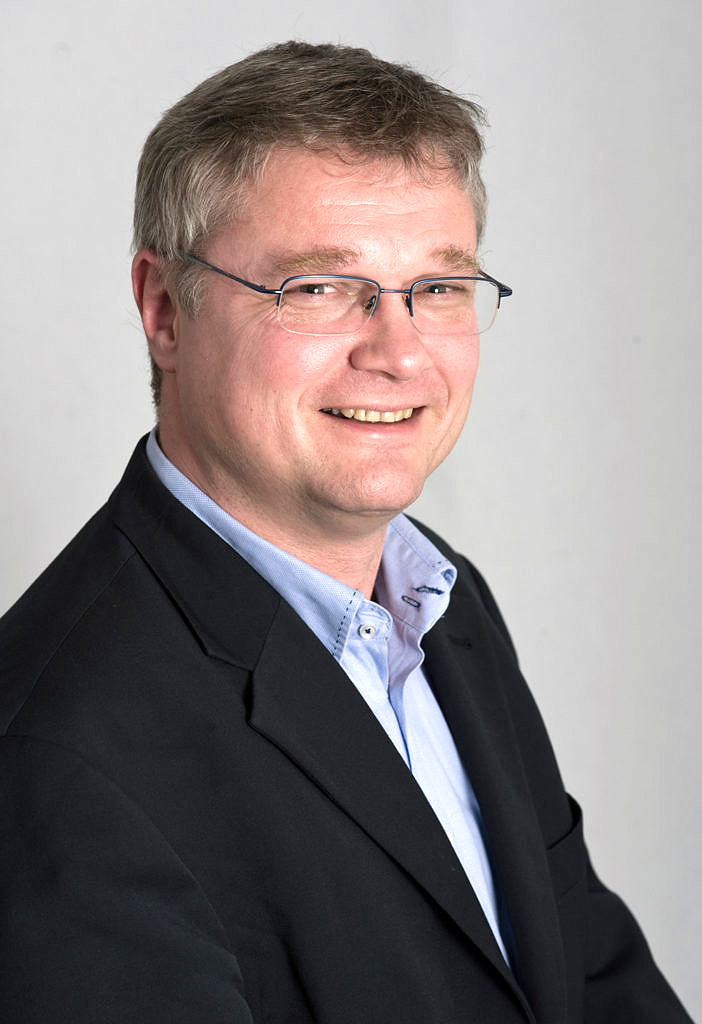
Contradiction in terms or methods to madness? Outlook on Foresight and Strategic Development of Universities
Prof. Dr. Stephan Hartmann, Munich
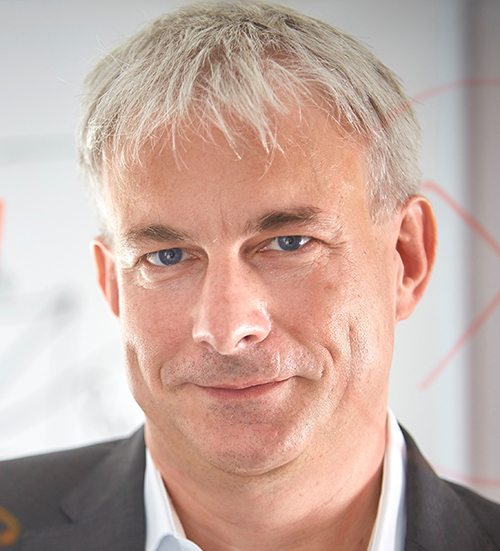
His current research interests include formal social epistemology (especially models of deliberation, norm emergence, and pluralistic ignorance), the philosophy and psychology of reasoning, intertheoretic relations, and (imprecise) probabilities in quantum mechanics.
Andrea Kuhn, Nuremberg
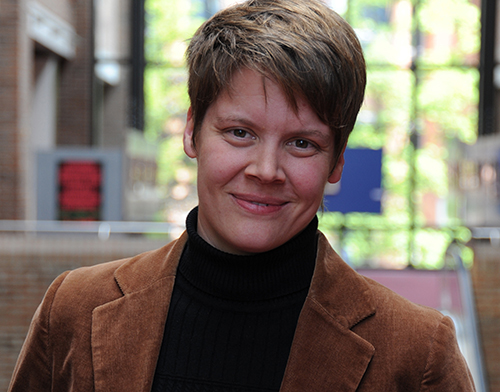
Values in a Globalized World
Henriette Löwisch, Munich
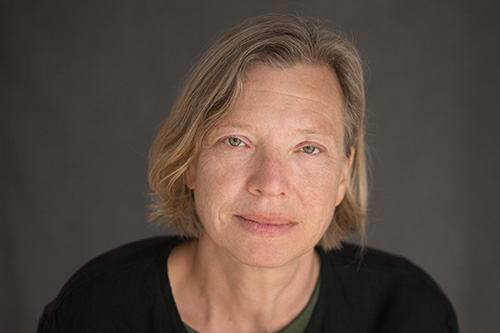
Communicating Science under Trump: how researchers and journalists in the US are reacting to populism and media crisis
Prof. Dr. Sabine Maasen, Munich
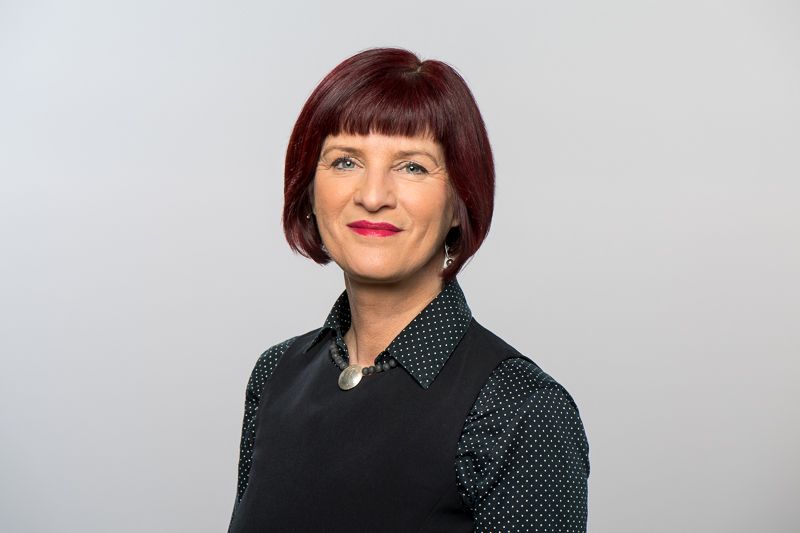
Science of the future: research and innovation with and for society
Prof. Sebastian Pokutta, Ph.D., Atlanta
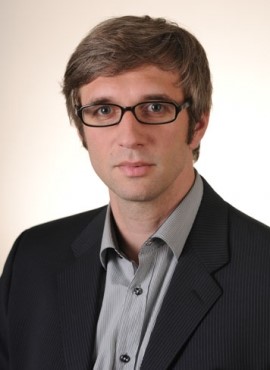
Machine Learning and Decision-Making have been very successful recently in addressing and solving a large number of open problems and real-word challenges.
Dr. Rafael Popper, Finland
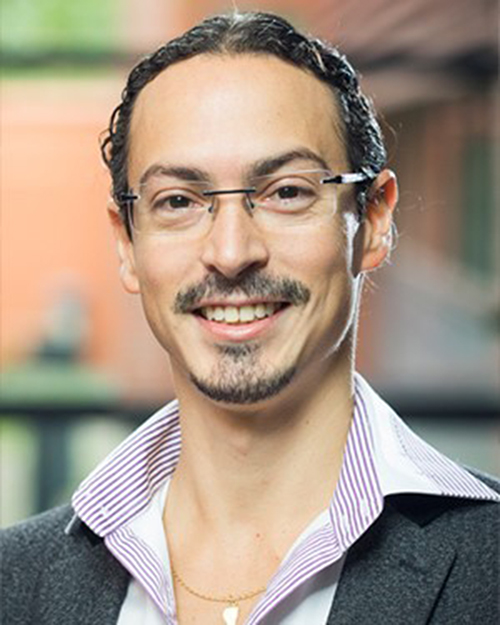
Foresight and the Future of Science
Prof. Dr. Erich Reinhardt, Nuremberg
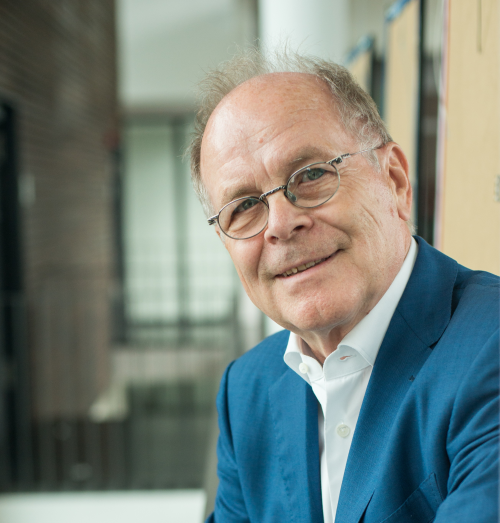
Future of Medical Engineering: Digital Health 4.0
Prof. Dr. Christophe Salomon, Paris
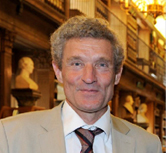
Time January 19, 15.30: Light matters Topic Laser cooled atoms on Earth and in Space We will describe how recent progress…
Prof. Dr. Robert Schlögl, Berlin
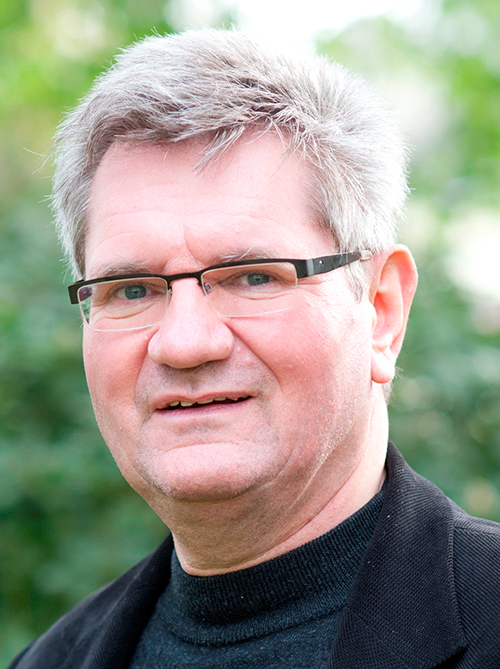
Sustainable Energy: Systems and Science. The world of tomorrow should be supplied with stable and affordable energy without endangering the living conditions on our planet.
Volker Stollorz, Cologne
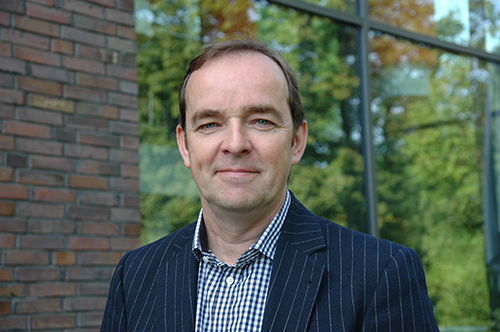
Alternative facts or Enlightenment? - Challenges in the age of digitalized science communication
Klaus Uckel, Bonn
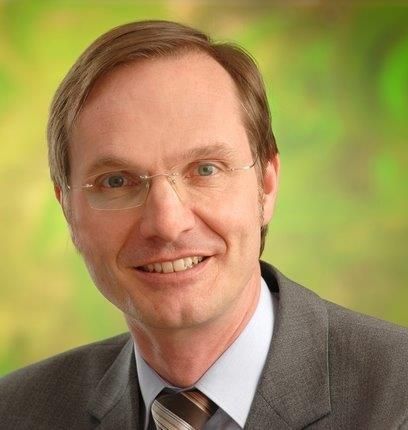
DLR Projektträger: A reliable partner for research, innovation and education
Prof. Dr. Harald zur Hausen, Heidelberg

Prof. Dr. Harald zur Hausen was awarded the 2008 Nobel Prize in Physiology or Medicine for his discovery of the human papillomavirus which can cause cervical cancer.
Prof. Lucy Walker
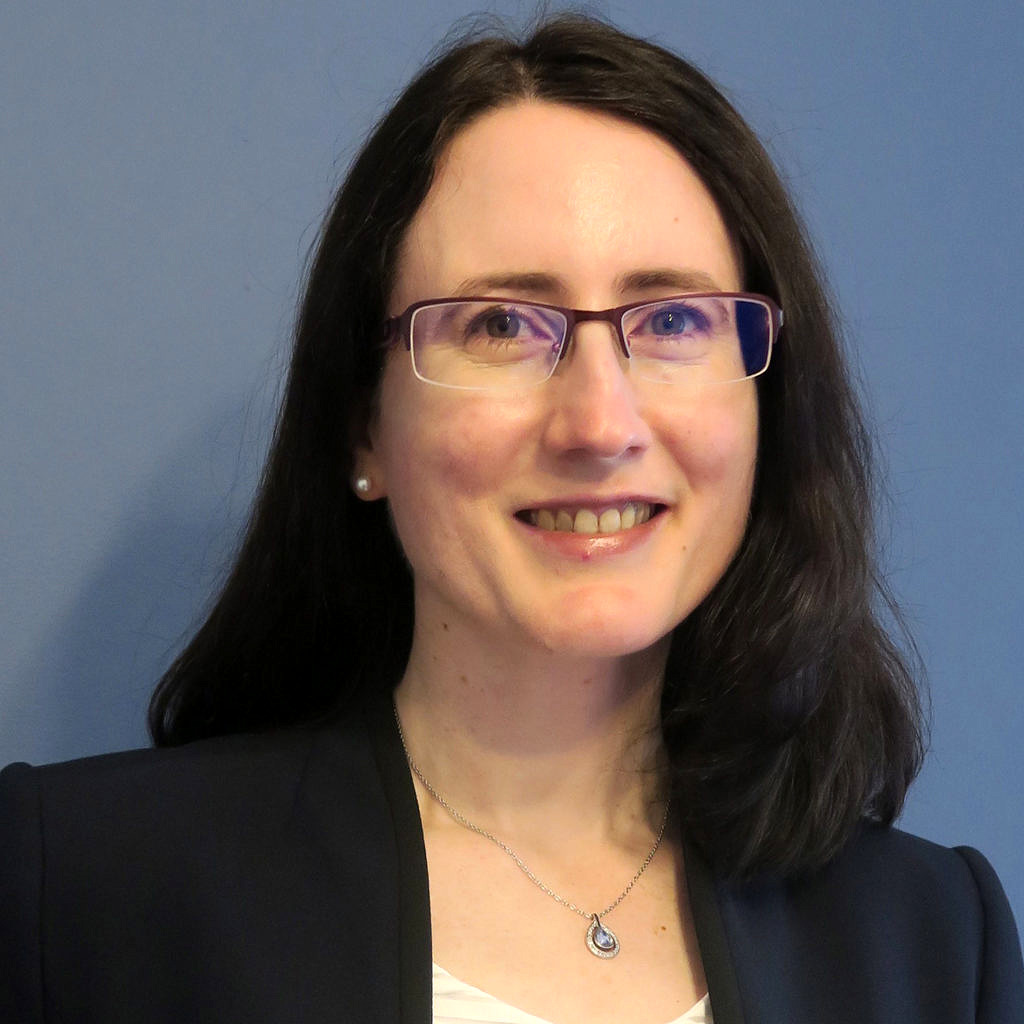
CTLA4 and the future of immunotherapy - The immune system provides vital protection from infection and cancer but needs to be tightly regulated to prevent the development of autoimmune diseases such as type 1 diabetes and rheumatoid arthritis.
